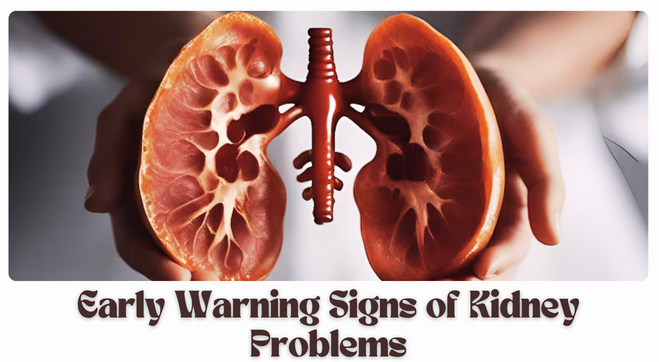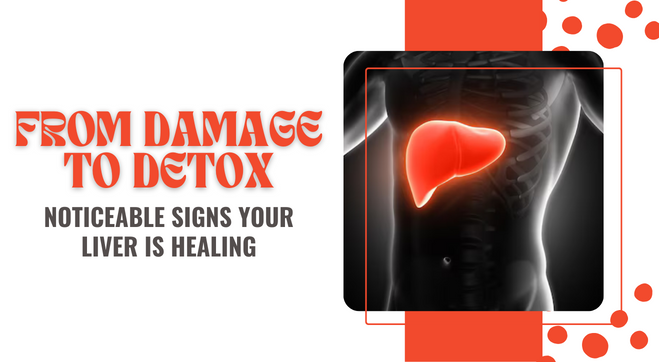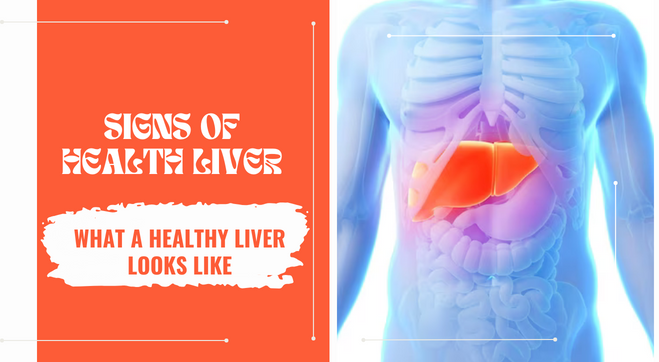Your Guide to Prolactin Levels and Their Fluctuations During Breastfeeding
HealthcareOnTime Team
2023-02-07
2023-07-22
3 Min Read

Lactation, or the process of producing and releasing milk from the mammary glands, is an essential aspect of a new mother's life. Breastfeeding is a natural process that provides numerous benefits to both mother and baby. It helps in building a strong bond between the mother and baby and provides essential nutrients for the baby's growth and development.
This entire process is controlled by several hormones, one of which is prolactin. Prolactin, also known as the lactation hormone, plays a vital role in the production and maintenance of breast milk in nursing mothers.
In this blog, we will discuss the prolactin hormone function and its role in lactation, the causes of decreased and increased levels, and the condition of Hyperprolactinaemia and its impact on fertility.
The Importance of Prolactin to Women Nursing Babies
Prolactin is a hormone produced by the pituitary gland located at the base of the brain. It is essential for lactation, as it stimulates the production of milk in the mammary glands. Prolactin levels naturally increase during pregnancy, preparing the body for lactation post-delivery. Once a woman gives birth, the stimulation of the nipples during breastfeeding further increases prolactin levels, leading to an increase in milk production.
Prolactin levels and their impact on breastfeeding frequency and milk supply
Prolactin is responsible for ensuring that the mammary glands have an adequate supply of milk. It helps increase the size and number of milk-producing cells and enhances milk production. Prolactin levels increase when a baby is breastfeeding, leading to the release of more milk to meet the baby's demands. It also helps maintain a steady supply of milk, ensuring that the baby is well-nourished and hydrated.
Prolactin Levels : An Insight
The normal range for prolactin hormone in men and women is:
- Males: 2 to 18 nanograms per milliliter (ng/mL)
The normal prolactin levels in females vary, and all of the possible scenarios have been listed in the table below:
You can always get a prolactin test done to determine the level of prolactin in your blood.
Causes of Low Prolactin Levels During Breastfeeding
While prolactin is essential for lactation, there are several factors that can lead to decreased levels of this hormone. Some of the causes of decreased prolactin levels include:
- Stress: High levels of stress can lead to decreased prolactin levels, leading to a reduction in milk supply.
- Illness: Certain illnesses, such as a fever, can temporarily lower prolactin levels and affect lactation.
- Smoking: Smoking has been shown to decrease prolactin levels, leading to reduced milk production.
- Certain medications: Some medications, such as birth control pills and anti-anxiety drugs, can suppress prolactin levels.
- Infrequent breastfeeding: Infrequent breastfeeding can also lead to decreased prolactin levels and a reduction in milk supply.
- Alcohol and caffeine: Alcohol and caffeine can interfere with the production of prolactin, leading to decreased milk production.
Causes of High prolactin levels During Breastfeeding
On the other hand, there are several factors that can lead to increased prolactin levels, including:
- Pregnancy: Prolactin levels naturally increase during pregnancy, preparing the body for lactation.
- Stress: Stress can also lead to increased prolactin levels, helping to increase milk supply.
- Sleep deprivation: Lack of sleep can lead to increased prolactin levels, as the body compensates by increasing milk production.
- Certain medications: Some medications, such as antipsychotics and anti-nausea drugs, can increase prolactin levels.
- Pituitary gland tumors (prolactinomas): A non-cancerous tumor of the pituitary gland that decreases testosterone levels and estrogen levels
Ways to Increase Prolactin Levels during Lactation
As discussed, prolactin plays a crucial role in lactation, and in some cases, mothers may need to increase their prolactin levels to ensure a steady supply of breast milk. Here are some ways to increase prolactin levels:
- Frequent breastfeeding: The stimulation of the nipples during breastfeeding can increase prolactin levels and improve milk production.
- Relaxation: Relaxation techniques, such as deep breathing and meditation, can help decrease stress levels and increase prolactin levels.
- Adequate sleep: Getting enough sleep is essential for maintaining overall health, and it can also help increase your prolactin levels.
- Avoiding certain medications: Some medications, such as birth control pills and anti-anxiety drugs, can suppress prolactin levels. If a mother is experiencing decreased milk production, she should discuss alternative medication options with her doctor.
- Avoiding alcohol and caffeine: Alcohol and caffeine can interfere with the production of prolactin, leading to decreased milk production.
Hyperprolactinaemia - Excess of Prolactin and Fertility
Hyperprolactinaemia refers to a condition where there are elevated levels of prolactin in the blood. So, when we talk about high prolactin levels symptoms or Hyperprolactinaemia symptoms, as medical experts call it, the list includes the following:
- Irregular Periods or absent menstrual cycles
- Decreased libido or sexual dysfunction
- Infertility or difficulties conceiving.
- Galactorrhea (unusual production of breast milk)
- Headaches or vision changes
- Decreased bone density
- Fatigue or weakness.
Causes of Hyperprolactinaemia
There are various Hyperprolactinaemia causes, including the following factors:
- Pituitary tumors: A tumor on the pituitary gland can lead to increased prolactin levels, as the tumor can secrete excess prolactin into the bloodstream.
- Medications: Certain medications, such as antipsychotics and anti-nausea drugs, can increase prolactin levels.
- Stress: Stress can lead to increased prolactin levels, which can, in turn, lead to Hyperprolactinaemia.
- Thyroid problems: Thyroid problems can lead to increased prolactin levels, leading to Hyperprolactinaemia.
Diagnosing Hyperprolactinaemia
For successful Hyperprolactinaemia diagnosis, medical experts perform a PRL test (a simple blood tests) to measure the prolactin levels in the bloodstream. The doctor may also perform additional tests, such as an MRI, to rule out the presence of a pituitary tumor.
Treating Hyperprolactinaemia and Fertility
The treatment of Hyperprolactinaemia depends on the underlying cause of the condition. If a pituitary tumor is responsible for elevated prolactin levels, the first step is to remove the tumor. Surgery may not be necessary in some cases, and medication may be used to shrink the tumor.
For women experiencing infertility due to Hyperprolactinaemia, medical experts can prefer to use medications to lower prolactin levels and restore fertility. The most common medications used to treat Hyperprolactinaemia are dopamine agonists, which block the secretion of prolactin. These medications can restore normal prolactin levels, leading to an improvement in fertility and overall health.
What Makes HealthcareOnTime Your Ideal Choice?
HealthcareOnTime is one of the best diagnostic centers with a PAN-India presence. It is known for its state-of-the-art technology, highly skilled healthcare professionals, and patient-centric approach. With fast and accurate test results, convenient online booking, and personalized care, HealthcareOnTime offers a seamless and stress-free diagnostic experience.
BOOK PROLACTIN TEST TODAY!
Tagged In: Hyperprolactinaemia,
Hyperprolactinaemia Causes,
Hyperprolactinaemia Treatment,
Prolactin Breastfeeding,
Prolactin and Pregnancy



























































